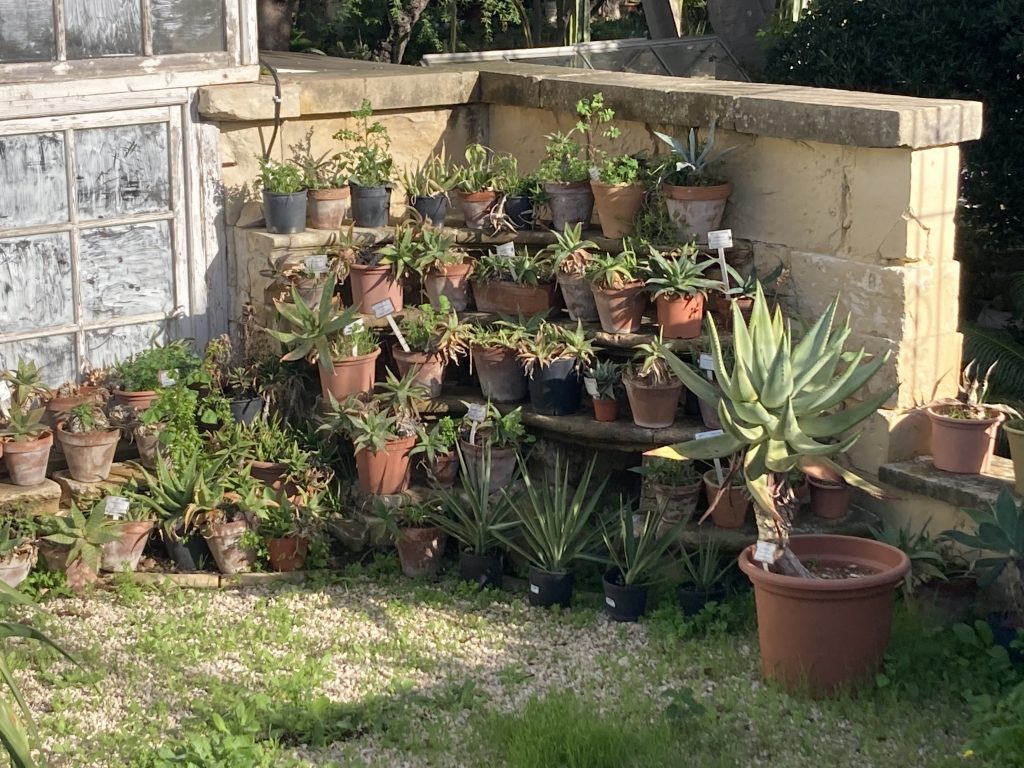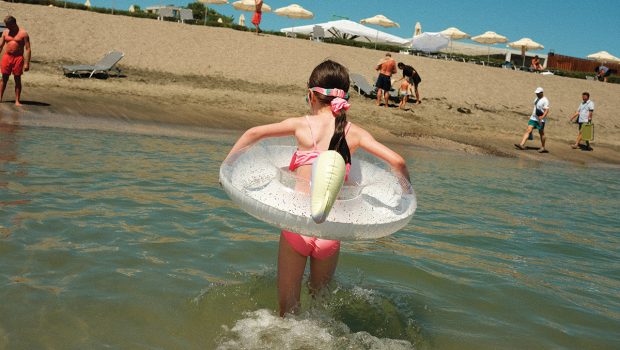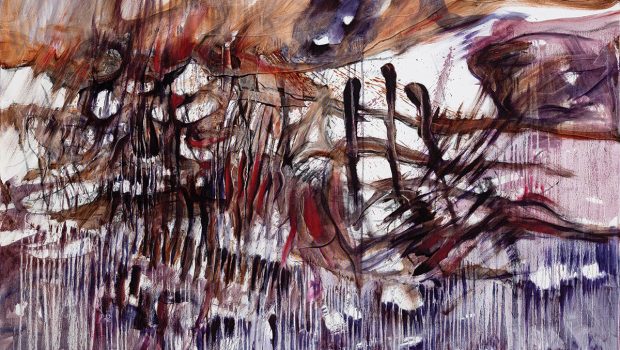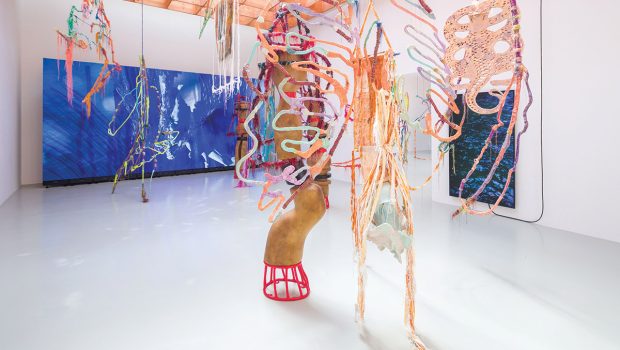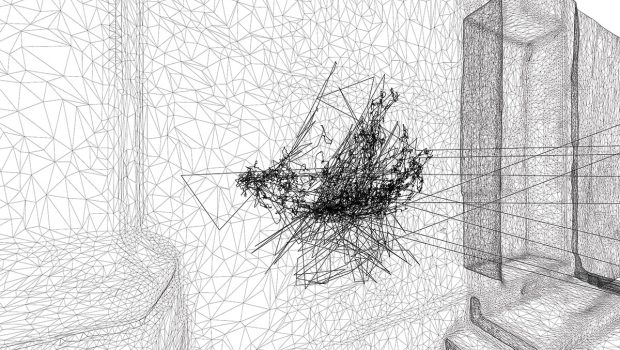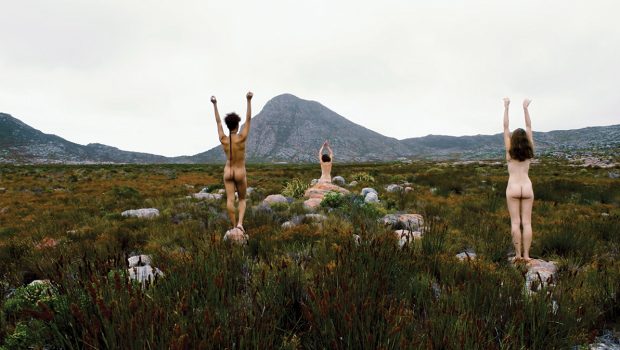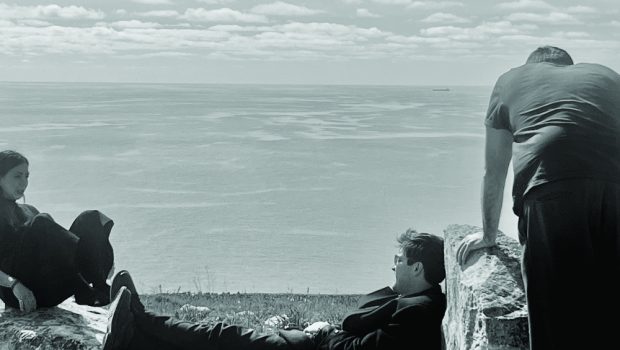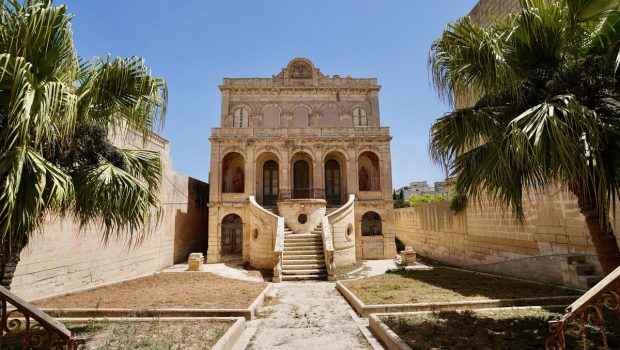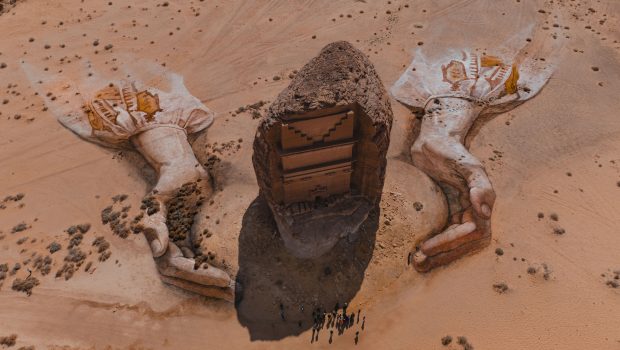Beyond What Drifts Us Apart
Debunking dominant representations of landscapes surrounding coastal towers, in a bid to overcome colonial legacies.
Beyond What Drifts Us Apart (BWDUA) is the title of an art initiative curated by Elyse Tonna in the frame of the Mahalla Festival 2023, taking place in November in and around the watchtowers of Qalet Marku and Tal-Għallis, in Baħar iċ-Ċagħaq.
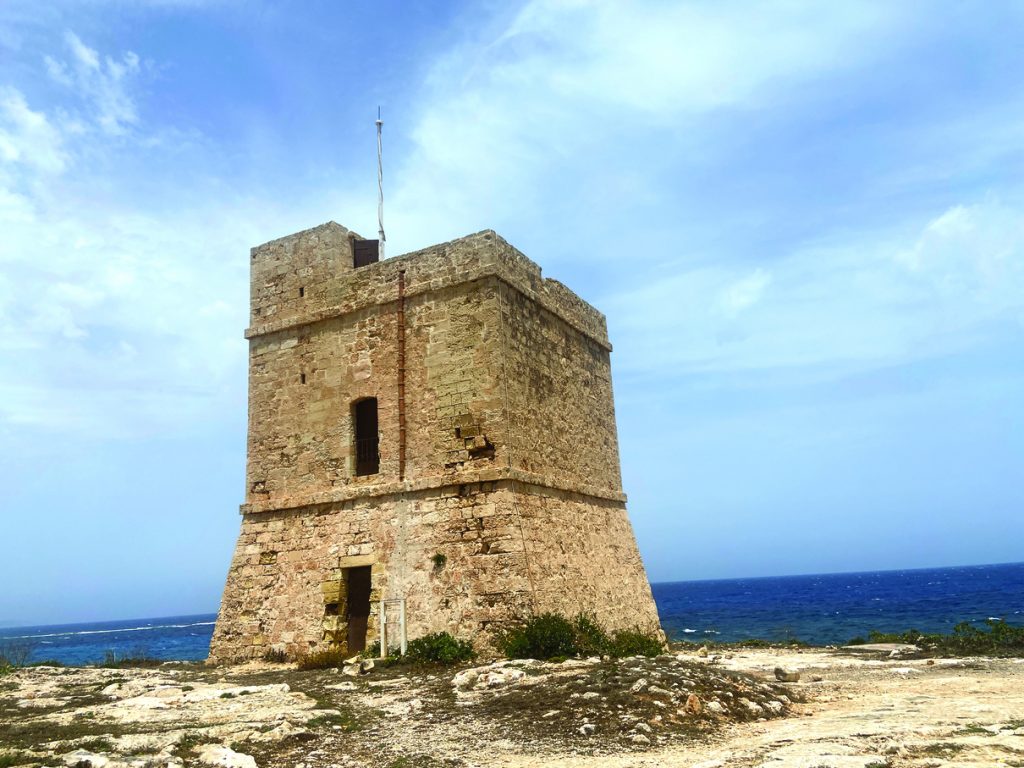
The project originates from the need for the re-imagining of one the most representative and symbolic elements of Maltese history and identity; the coastal tower. Originally meant as direct embodiment of the island’s role as fortress and bulwark of Christianity, the series of watchtowers dotting the Eastern and South-Eastern coastline of Malta, from Armier to Qrendi, has increasingly lost its significance, rapidly falling into disuse over the past decades. Conceived as a site-specific and community-driven artist residency programme, BWDUA looks at the area between two of these peripheral yet highly symbolic sites as an opportunity for exploration of new and emancipated perspectives on the role of the towers and their surroundings. In an effort to overcome the most common military-dominated narratives and their colonial legacy, BWDUA has invited a group of artists to engage with indigenous natural elements both on land and at sea, opening up the conversation and sharing their creative processes with local communities.
“We intend to break the rigidity of the traditional art exhibition as an event happening at the end of a creative process, opening to the public just as a final showcasing moment. We are more interested in sharing rather than showing, and so are the artists who will live and produce their contributions in conversation with each other, with the natural landscape surrounding them and with the local communities who interact with it”, says Sabine Küper-Büsch, Istanbul-based filmmaker and co-curator of the Mahalla festival. “Artists will work on their pieces exclusively on site during the residency, tackling the re-imagination of this area from different angles, and offering different sensorial experiences as a result”, adds Elyse Tonna, before giving me a brief overview of the work of the artists involved.
Fernando P. Ferreira, a Portuguese artist currently completing a PhD, will combine his interest in cartography and material culture with his experimental artistic practice by overlapping the social narratives belonging to the site through weaving natural materials with a portable loom which he purposely designed. Marija Rasa Kudabaite, a Lithuanian sound artist based in Brussels, will focus on sonic spatialisation of fragile and ephemeral natural elements, radically shifting away from human-dominated narratives. Similarly, but through a different lens, Maltese dance artist and researcher Florinda Camilleri will work on a performance inspired by the Posidonia Oceanica, the seaweed indigenous to the seascape in front of the watchtowers, which has been protecting the marine ecology of the coast for centuries, acting almost as its ‘natural guardian’. The coastal natural landscape will serve as inspiration for the work of Austrian sculptor Alfred Graf, while Maltese artists Samuel Ciantar and Charlene Galea will manipulate, re-imagine, and repurpose found objects inherent to the space and its surroundings, in some cases of human fabrication. Visual and multimedia artist Rakel Vella will tackle the curatorial statement thought the lens of digitalisation, using different digital media to engage with the physical attributes of the space.
As indicated by Sabine Küper-Büsch, the common denominator bringing together all contributions will be the focus on ecological damages currently endangering the Mediterranean, and the prioritisation of “beyond-human communities, in an effort to garner an understanding of their validity in the safeguarding of socio-environmental and cultural heritage aspects of threatened landscapes.” The outcomes of the residency will be presented from 24th November to 10th December at the Qalet Marku tower, where the artists hope to engage with a wide and diverse audience. An updated programme will be available on www.unfinishedartspace.org and www.diyalog-der.eu.
Beyond What Drifts Us Apart is a collaborative event of the Istanbul-based Mahalla Festival organised by Diyalog, this year in collaboration with Unfinished Art Space and partnered by Din L-Art Ħelwa. It is part of the MagiC Carpets Platform, co-funded by the European Union’s Creative Europe program, and is supported by Arts Council Malta, and by the Federal Ministry for Arts, Culture, the Civil Service and Sport of the Republic of Austria.
